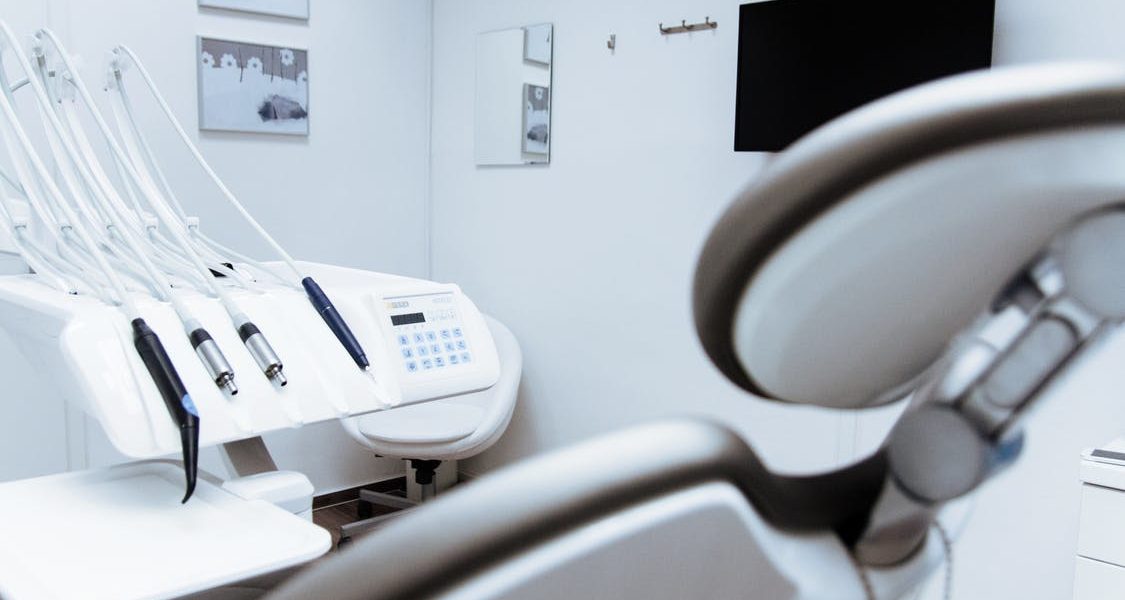Artificial intelligence ( or AI) is carrying industries into the future, and the healthcare industry is no exception.
According to a Frost & Sullivan report, the healthcare AI market is projected to grow 40% by 2021. This may change health care outcomes by 30-40% and cut treatment costs by half.
Today, more and more signs on the path of medicine point to AI. AI benefits healthcare in numerous ways. Read below to learn more about the 3 major advancements medical providers expect from AI.
Improved Accuracy
AI can provide a more accurate diagnosis for a patient. Human error is an oft-underrated factor in diagnoses. About 10% of patient deaths and 6 to 17 % of hospital complications are the result of diagnostic errors. Because of the automation inherent in AI programming, implementation will result in a sharp reduction in those numbers due to faster research and data cross-referencing.
The power of X-rays, CT scanners, and MRI machines are greatly enhanced when coupled with AI’s deep learning algorithms. If a tumor is detected within a patient, physicians can use AI to better diagnose whether the tumor is cancerous or non-cancerous.
Better Medical Assistance
Virtual Health Assistants (VHA) and robotics can significantly improve patient care. VHAs remind patients to take their medication, provide medical advice based on current health conditions. Also, they can notify patients on their next doctor’s appointment, and much more.
With robots assisting surgeons in the operating room, the likelihood of positive surgical outcomes soar. Precision, steadiness, and accuracy increase during an operation with the help of AI. At the same time, AI accurately predicts and projects outcomes– therefore, reducing risks based on the patient’s data.
Proactive and Predictive Care
Doctors better predict the needs of a patient and better determine potential health risks with AI working on their side. AI checks for anomalies in patients by studying their complete medical histories. Additionally, AI capabilities monitor any change in conditions so that the patient or medical professional may be alerted through an app or other medical device.
AI is already being used to help eliminate disease in patients. For example, Virta is a company that helps patients reverse Type 2 diabetes. Virta relies on digitally connected tools help them measure blood sugar, ketones, blood pressure, and weight.
Other goals of AI include motivating the patient to be more autonomous if the doctor’s help is not needed. This reduces medical expenses for both patients and providers, and personalizes medications that fit the patient’s unique needs.
AI is making its way into the healthcare industry, and changes are inevitable. Healthcare organizations must embrace the power of AI to keep patient care at its best.




